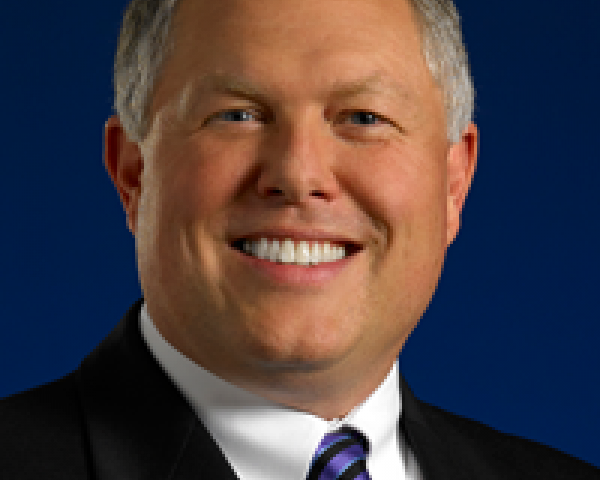- Dr. Tedd Blatt (moderator)
- Dr. Craig Uejo
- Dr. Don Dinwoodie
- Dr. Minh Nguyen
- Dr. Kayvon Yadidi
- Physicians need to assist in training their peers. There is inadequate training of occupational medicine physicians on the nuances of the workers’ compensation system. This is something other stakeholders in the system could also assist with.
- Physicians need to be considering psycho-social issues in the treatment of patients. These can have a significant impact on claim outcomes.
- There is not enough training for physicians on how to properly write medical reports, especially in the workers’ compensation arena.
- It is imperative that physicians are responsive to questions from the payers. Failure to respond in a timely way to questions causes delays in reimbursement and creates animosity.
- This is something that needs to be considered from the initial visit forward. These drugs can lead to long-term issues, and prescribing them cannot be taken lightly. Too many physicians just prescribe these to make the patient happy.
- There are inadequate detox programs to wean people off these drugs. Patients tend to bounce from one pain clinic to the next, which just continues the cycle of using these drugs.
- Payers are often hesitant to authorize detox programs or non-pharmaceutical pain management alternatives because they view these things as experimental.
- Physicians will soon be required to utilize CURES, the California prescription drug monitoring program, prior to prescribing opioids. This is intended to identify people who are doctor-shopping to abuse the opioids.
- If you don’t prescribe the opioids, the patient will find someone else who does. Until there is a consistent approach to how these drugs are prescribed, this will continue to be a problem.
- This is the greatest physician-created public health crisis in the history of the U.S. These drugs are massively overprescribed and should only be used for a very short term for post-operative care. They should never be used for long-term treatment.
- All surgeries should be subject to mandatory utilization review. Too many physicians are conducting unnecessary surgeries, which cause harm to their patients.
- Compound medications and medications not usually prescribed in workers’ comp should be subject to utilization review.
- There needs to be a level of common sense in UR. It should not be used if the recommended treatment is part of the normal course of care for an injury. Payers also are sometimes paying more for the UR review than the actual service requested costs.
- If you have quantified that a physician is producing better outcomes for injured workers, these physicians should be subject to less utilization review.
- The UR process needs to be more selective and focus on the outliers, not routine care. The perception from providers is that UR is being grossly overused. Physicians view this as punitive.
- This is a positive change because the physicians have a better support structure to assist in writing reports and navigating the nuances of the workers’ compensation system.
- We will see an increased focus on outcomes, and, if a physician does not deliver superior outcomes, then payers will not refer patients to them for treatment.
- Many of the policies under the exchanges have high deductibles and, because of this, it is likely we will continue to see pressure to push treatment into the workers’ compensation space.
- There needs to be more focus on better internal communication within claims organizations. Physicians end up sending reports and responding to requests multiple times because the claims organization does not have good internal communication.
- The fee structure is affecting the number of physicians willing to treat workers’ compensation patients. Many specialists have stopped treating workers’ compensation patients because they do not feel adequately compensated for the amount of work required.






